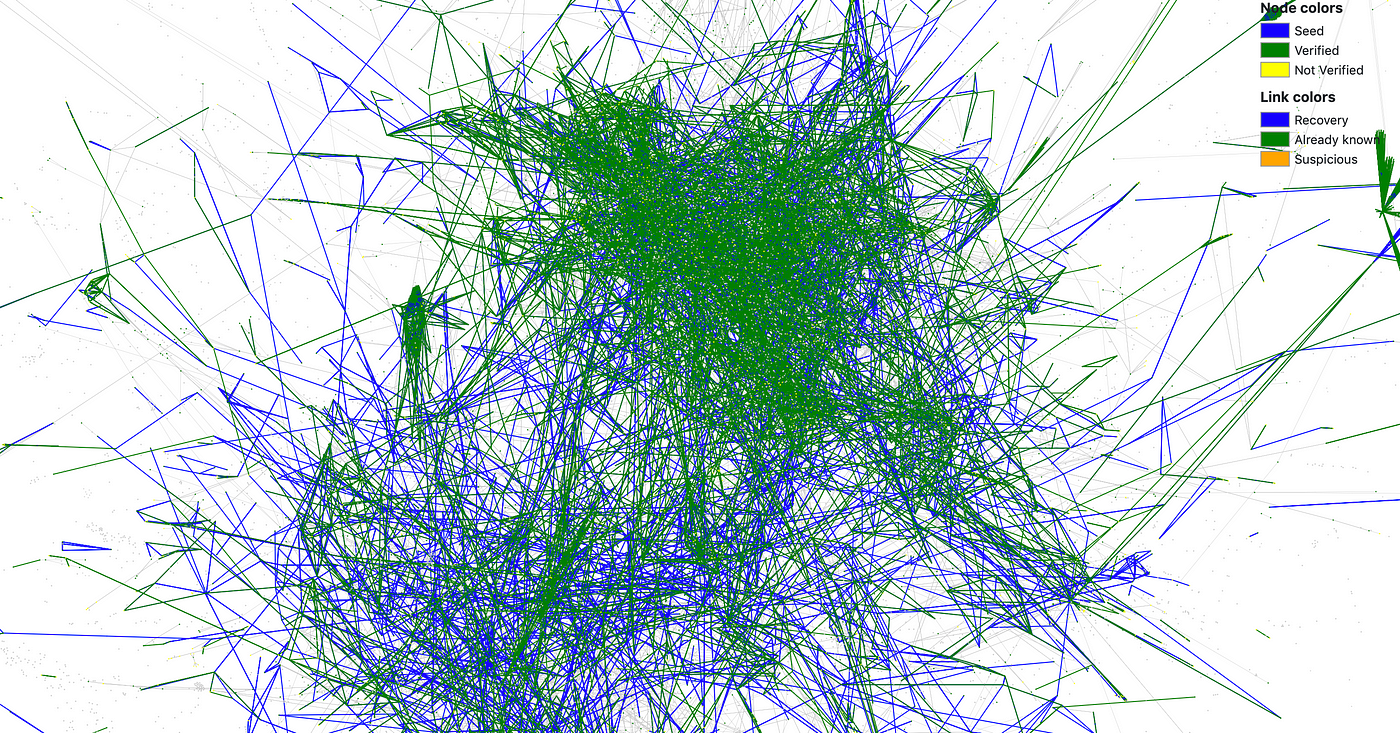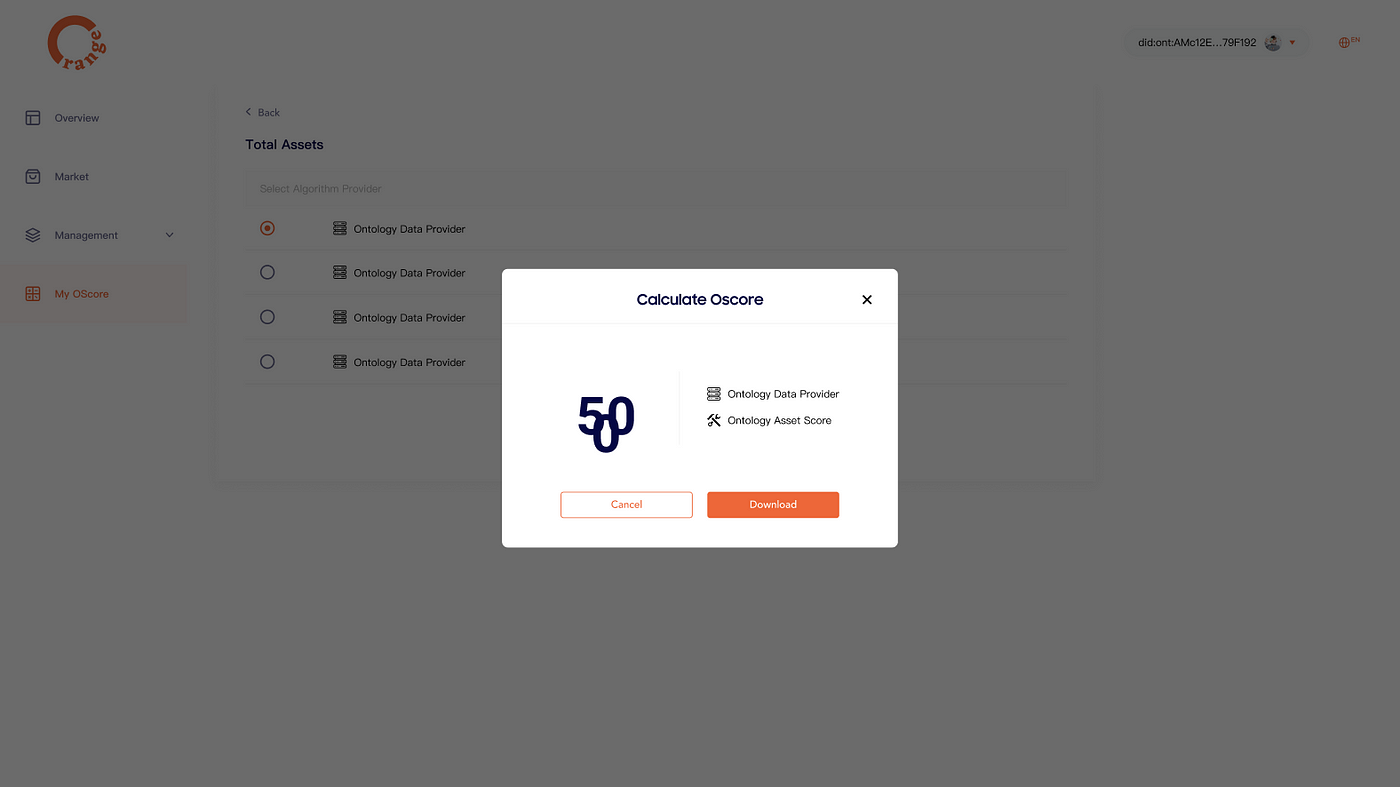Web2 was a huge leap in allowing individuals to build, craft, and curate digital reputations on various platforms. But that era is nearing an end, and Web3 promises to put us in control of — and give us ownership over — our digital reputations.
We’ll also be able to take our reputations anywhere, free of centralized control, to build stronger platforms, digital spaces, and Decentralized Autonomous Organizations (DAOs).
The concept of decentralized, portable reputation has been flying under the radar but is something that’s necessary for fulfilling the promise of Web3. Things like economic transactions using NFTs and DAO governance are based on trust and reputation. Once users, DAOs, and the Web3 world at large understand how portable reputation is coming to life today, use case implementation and mass adoption will become a no-brainer.
The first step is recognizing how centralized, Web2 reputation management is disempowering society. We can then begin to understand how portable reputation, in the form of scores, reports, or NFTs using both on and off-chain data, can be created. Portable reputation can then become a reality and play a central part of a more free, fair, and self-sovereign operating system for DAOs and Web3 writ large.
Moving Past Static, Centralized Web2 Reputation
Individual control and ownership of our reputational data under Web2 is an illusion. An Uber driver with a five-star rating, for example, has developed a strong and stable reputation on that platform. But that rating is just one dimension of that person’s overall digital reputation, and worse, is completely owned by Uber. The driver can’t take their well-built reputation with them to Lyft or another platform, and even worse that rating can be altered by Uber themselves if they so choose.
In recent years, DAOs have emerged to shine a light on better ways to organize and operate communities of all shapes and sizes. And in a DAO, reputation doesn’t just matter — reputation is everything. So as Web2 becomes a thing of the past, we’ll need a fair, accurate, and efficient way of building and maintaining reputations to facilitate all manner of economic and social interactions. Reputations form the lynchpin of group dynamics such as admittance, privileges, and voting rights.
From a technical standpoint, Web2 has enjoyed several advantages in creating reputations. All user data and interactions exist on a centralized platform, allowing companies like Yelp to dub certain individuals as “super users” based on certain criteria. We have the blockchain data to achieve similar goals under Web3 but are just now developing the technology to achieve the same goals.
We can now empower users with a holistic view of their reputation using on and off-chain data, accurately reflective of the influence they’ve had on DAOs, economic transactions they’ve made, and a plethora of other factors. Portable reputation allows us to build, develop, and collaborate in a Web3 world.
We can now appear trustworthy in a trustless Web3 world.

The number of decentralized identity (DeID) connections just over the past month on BrightID. DeID growth is a critical factor towards enabling portable reputation.
How Portable Reputation Works Within DAOs and Web3
While DAOs are likely the best current use case for portable reputation, it illustrates the potentially broad and widespread applications for decentralized, portable reputation. But in order to explore these possibilities, it’s important to have a concrete understanding of what portable reputation looks and feels like in a Web3 environment. As well as the tangible impact it has on how DAOs admit members, operate, and delegate rights and privileges.
Orange makes portable reputation possible by aggregating both on and off-chain data and creating a unique reputation non-fungible token (NFT), report, or real-time score for every individual.
On-chain data that can be collected and minted into a portable reputation NFT includes:
-
Transaction data and user behavior
-
Digital asset balance and ownership history
-
Historical asset exchange volume
-
Smart contract associations
-
Prior history of holdings and transactions
Orange then combines on-chain data with the following off-chain data sources to enable an individual’s portable reputation report, score, or NFT:
-
In-app data like game collectibles and purchases
-
Reviews and ratings from various platforms
-
User profile information from social networks
-
IoT data like geolocation and health status
-
Financial data from banks and insurance firms
-
KYC verification data such as government ID cards
Combining data from all possible sources represents the first-ever minted version of an individual’s Verifiable Credentials (VCs) that are owned by the individual. These credentials can then be displayed and used as a form of utility in the DAO. For instance, a DAO focused on dApp development may only want to admit developers with a certain amount of experience and reputation in the developer community.
For DAO admission, developers can mint their portable reputation NFT to present to the collective for admittance. And if the user wants to enhance their reputation over time, the activities or projects that complete as part of a DAO they’re currently a member of — like Gitcoin for instance — the NFT will dynamically incorporate that data and boost their score. And once admittance is gained, DAO members with higher reputation scores might have more voting weight in the direction of the organization or project.
There’s also enormous potential of merging portable identity with physical world applications. For example, Blockchain experts in Europe are currently exploring self-sovereign, blockchain-based identity solutions for public transit. Once portable reputation becomes integrated with these kinds of physical world initiatives, the reality of individuals controlling their reputations in all spaces and interacting in a more equitable fashion begins to take shape.

Accurate, authentic, user-owned reputation scores from multiple chains and data sources are now a reality with the Orange Protocol.
Portable Reputation is Shifting the Balance of Power
Decentralizing identity and reputation isn’t just about data ownership. It’s about fundamentally shifting the balance of power that’s coalesced under Web2 Governance of all spaces will be shared by an entire community, rather than a small group of people or a single business entity who are likely driven to maximize their wealth and benefits. Reputations on centralized platforms don’t necessarily exist to serve users first and foremost.
User data will also no longer be held by a third-party party and at substantial risk of data leaks. The Orange protocol, for instance, uses DIDs (Decentralized Identifiers) to link the individual directly with their data. Every time this data is accessed, the request must contain signature data to be validated. Therefore, none of your data can be used or associated with you without your authorization. There is never a central point of failure or trust.
Individuals also don’t have to worry about oversharing of data. Netizens are in control of what information is shared from a single portable reputation wallet. For example, you can use the wallet to prove that you are over 18 without having to reveal your actual Date of Birth. Since the identity information itself isn’t held on the blockchain-based ledger, it is totally controlled by you, the individual.
But the most fundamental shift that will occur — and what makes portable reputation the next superpower for Web3 — is that individuals go from renting space on centralized platforms to owning their own reputations. Time, effort, and investment spent on building social and economic status is locked in and completely owned by the user, with the ability to take their reputations wherever they go.
Ready to learn more about the future of Portable Reputation? Visit orangeprotocol.io today!